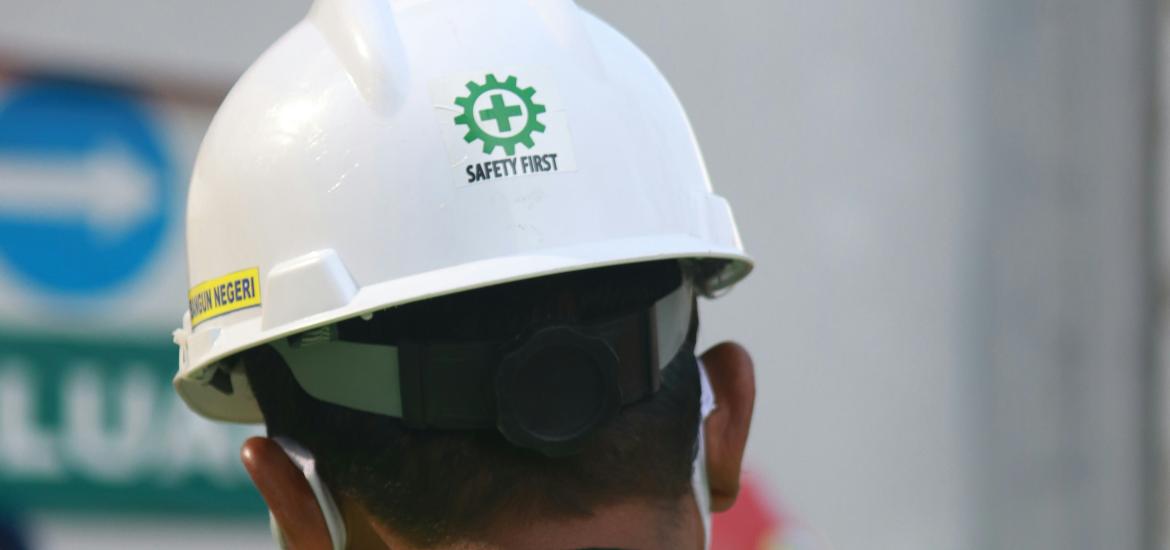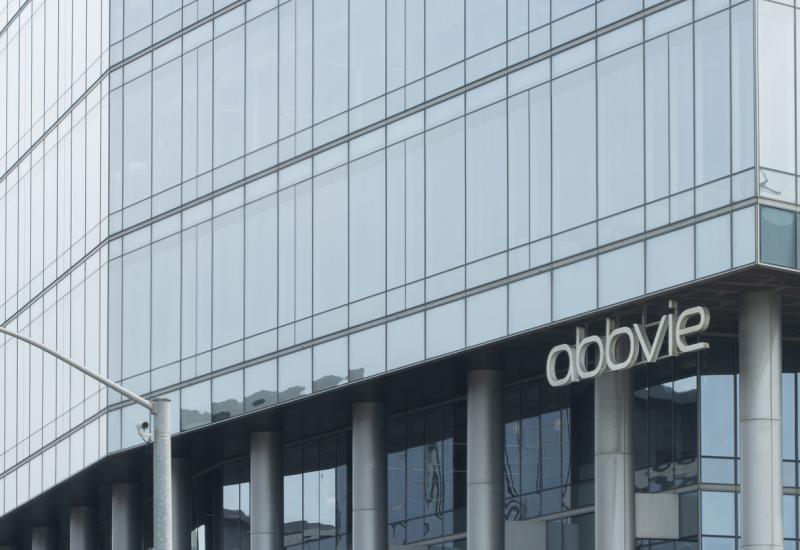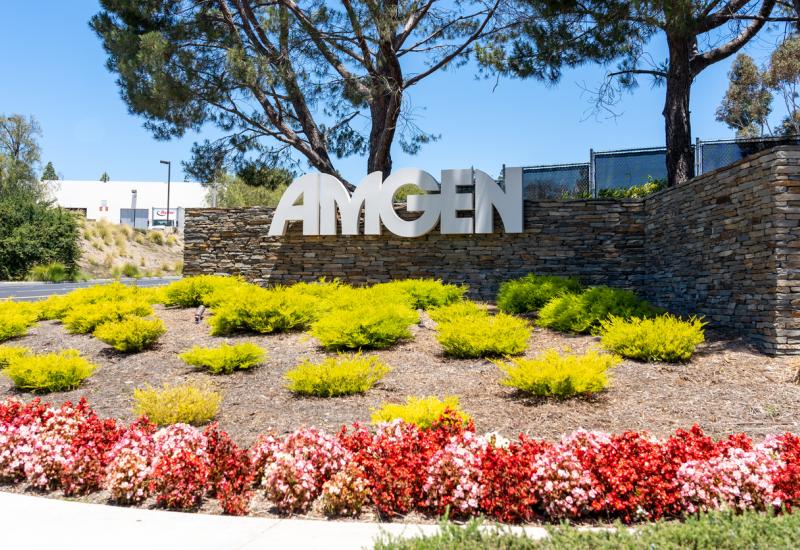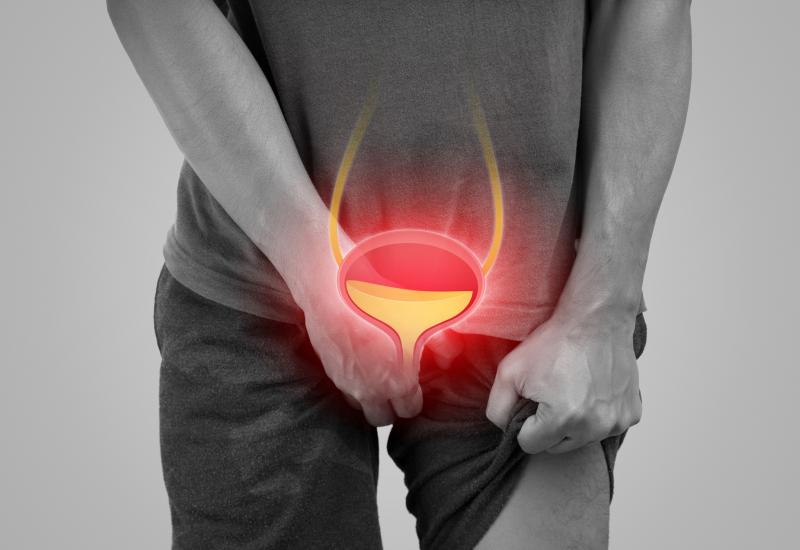
Safety remains the key metric for Cogent
Bezuclastinib's registrational trial meets predefined success criteria, with a big spotlight on toxicity.
Bezuclastinib's registrational trial meets predefined success criteria, with a big spotlight on toxicity.

With the efficacy of Cogent's lead asset, the kinase inhibitor bezuclastinib, largely established, readout of the registrational part 2 of the Summit trial in non-advanced systemic mastocytosis was always going to turn on safety. And Monday's toplining of this key catalyst has ensured that safety remains a live issue.
Nearly 6% of the 118 patients given bezuclastinib discontinued treatment, it has been revealed, all because of grade 3 or higher liver enzyme elevations – in spite of Cogent earlier dialling dosing down from 400mg to 100mg, and moving to an "optimised formulation". The fact that Summit delivered a statistically significant hit on key efficacy endpoints is almost an afterthought.
That said, the result announced on Monday clearly meets Cogent's success criteria, as outlined at last month's Jefferies conference. There the company said it wanted to see no cases of Hy's law (none has been spelled out either in its release or in an investor deck presented to analysts), for liver enzyme elevations to be asymptomatic and reversible and to occur in 10% or fewer patients, and for the discontinuation rate also to be ≤10%.
Home run
On the efficacy side Cogent said Summit's primary endpoint, mean 24-week total symptom score (TSS) had to come in at least 8.5 points lower than placebo for the result to be considered a "home run". This it has done, with the numbers coming in at a 24.3-point reduction for bezuclastinib versus 15.4 for placebo, and a resulting difference of 8.9 points hitting statistical significance with a p value of 0.0002.
The absolute 24-week TSS reduction in Summit's part 2 is a little less than in the trial's uncontrolled part 1 and open-label extension, but both it and the placebo-adjusted number have beaten the result Ayvakit scored in its registrational Pioneer trial. Ayvakit is a key benchmark, since its maker, Blueprint, was sold to Sanofi for $9.1bn.
Cogent's argument is that Ayvakit is relatively toxic, and this is true up to a point. Unlike bezuclastinib, that approved drug is brain penetrant, and comes with a warning about intracranial haemorrhage, though liver enzyme elevations don't appear to be a widespread problem.
Toxicities notwithstanding, Ayvakit has become a key treatment for non-advanced (indolent) systemic mastocytosis, meaning that Cogent has to come with stellar data on the efficacy and safety side to have a hope of dislodging it. Tinkering with bezuclastinib's dosing, a result of earlier worries about liver enzyme elevations and neutropenia, shows Cogent treading a fine line on safety.
On a cross-trial basis, the 5.9% discontinuation rate in Summit compares against 1.4% among the 141 Ayvakit patients in the Pioneer trial. Among key secondary endpoints in Summit, Cogent cited statistically significant hits on ≥50% reduction in serum tryptase, ≥50% reduction in bone marrow mast cells and other metrics that will allow direct comparison against Ayvakit in Pioneer once the numbers are published.
Cogent, whose stock closed up 23% on Monday, but which is still capitalised at just over $1bn, reckons the Summit data establish bezuclastinib as a new benchmark, and says it's on track to file with the FDA by the end of the year. After that, assuming approval, the hard task of dislodging Ayvakit will begin.
Cross-trial comparison in non-advanced systemic mastocytosis
Ayvakit | Placebo | Bezuclastinib | Placebo | |
|---|---|---|---|---|
| Trial | Pioneer | Summit part 2 | ||
| TRAEs leading to discontinuation | 1.4% (2/141) | 1.4% (1/71) | 5.9% (7/118) | 0.0% (0/60) |
| Change from baseline in TSS @24wk | -15.3 | -9.6 | -24.3 | -15.4 |
| Placebo-adjusted (stats) | -5.7 (p=0.012) | -8.9 (p=0.0002) | ||
Source: US label & Cogent investor deck.
1545













